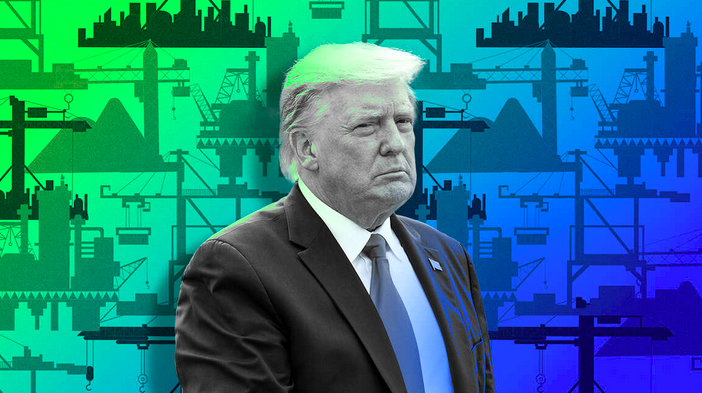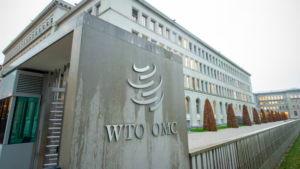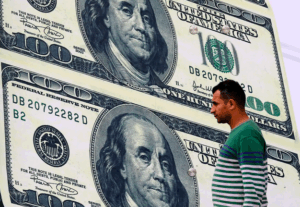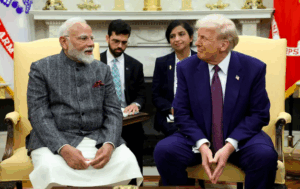I shared comments with Rachel Clare McGrath Dawson for Fast Company Middle East on the rationale behind Trump’s high-stakes trade policy, the ensuing trade war with China and the consequences for GCC economies.
Reminding readers that “Unlike 2008, which was rooted in systemic risk and financial overreach, and the COVID-19 pandemic, which emerged from a health emergency, today’s market shock results from intentional disruption”, I went on to explain that “Markets and businesses depend on some degree of predictability. Trump is actively removing that. By changing positions overnight — imposing, suspending, then reimposing tariffs — he’s keeping everyone off balance. That unpredictability is not a bug. It’s the feature”.
Identifying 4 objectives of Trump’s strategy (USD competitiveness, lowering Fed rates to refinance US debt on the cheap, coercing more inbound FDI and shoring up cryptocurrencies), I noted that his trade policy was about China all along: “He’s forcing US allies and trade partners into a binary choice: maintain access to the US market or keep their China-centric supply chains. But you can’t have both.”
About the consequences for the GCC, I commented that “The GCC isn’t at the forefront of this conflict, but that doesn’t mean it won’t feel the heat”: “Many Gulf economies serve as intermediaries, especially the UAE, which plays a key role in global logistics and transshipment between Asia and the West. That business model is vulnerable to shifting trade routes and tightening restrictions.”
Read the full article here.
Picture credits: Krishna Prasad / Fast Company Middle East







Be First to Comment